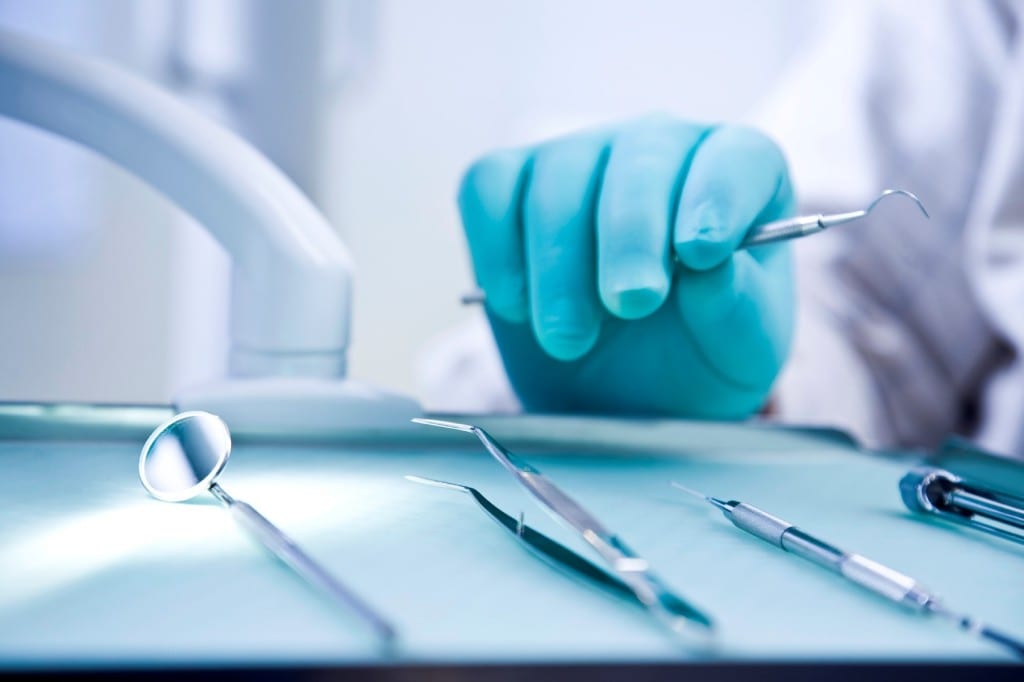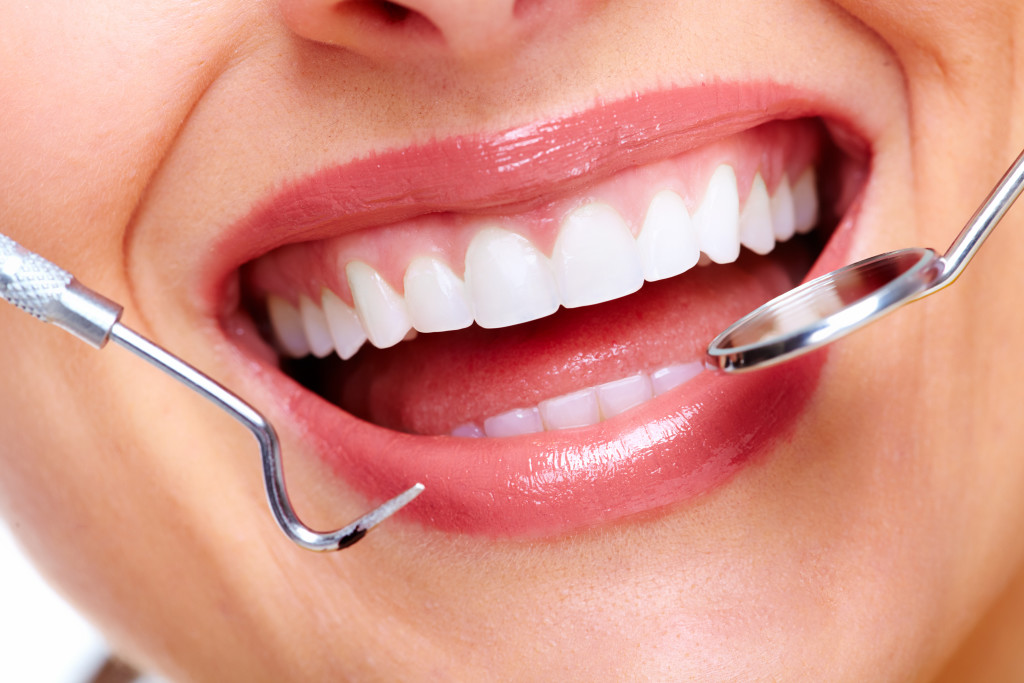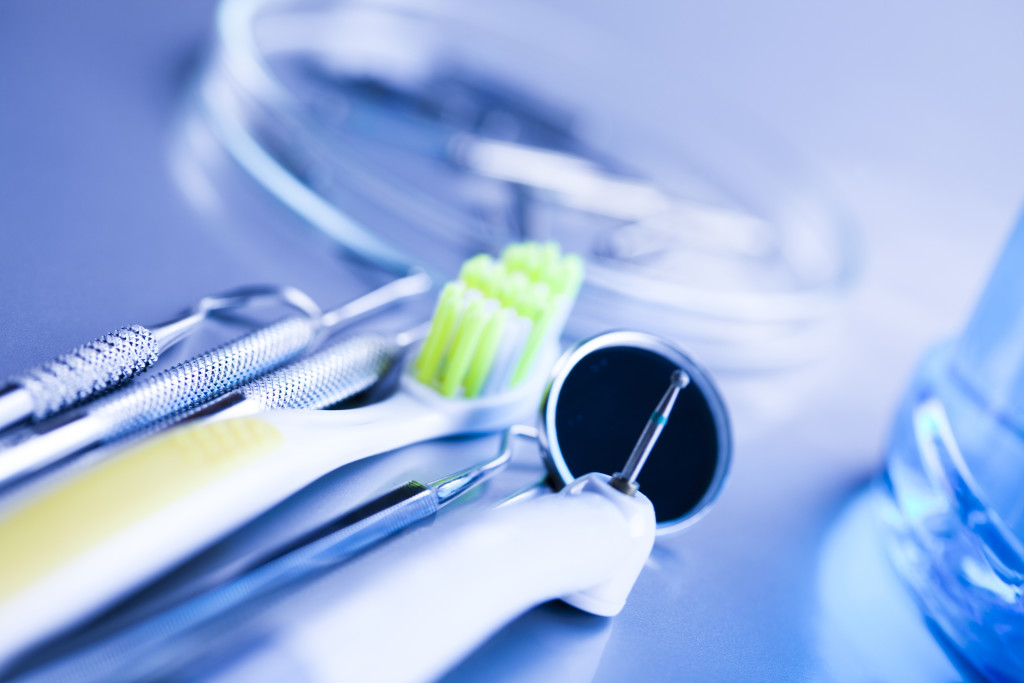
Simple steps to help you keep a beautiful smile.
1.Drink plenty of water
This is useful because when drinking water, the body rinses and cleanses itself. Dehydration leads to a lack of saliva, which washes the oral cavity, helping to clean teeth from plaque.
2. Drink soda and fresh juices through a straw
If you like carbonated drinks and fresh juices, it is better to drink them through a tube, as they have a fairly acidic environment. The straw helps protect the teeth from its effects. Also, after drinking such drinks, it is best to rinse your mouth with clean water.
Carbonated drinks also have a lot of sugar. For example, a glass of Pepsi contains about 5-6 spoons of it. To absorb sugar, the body needs calcium and B-group vitamins. He takes these substances from the tissues of the teeth. Therefore, they are destroyed by an excess of sweets.
As for fresh juices, they have a very high level of acidity, so they cause demineralization of enamel.
3. Refuse diets
Nutrition should be complete and contain proteins, fats, carbohydrates, vitamins, and minerals necessary for the body, such as calcium, which is needed for healthy teeth.
Diets from the Internet for weight loss limit the number of nutrients and vitamins. Long mono-diets are harmful for this reason. It is better to stick to proper nutrition, including fresh vegetables and fruits, protein foods, and fiber.
4. Avoid the contrast between cold and hot
The temperature in the oral cavity is 36.6 ° C, and the outside is much lower. Enamel is cracked by such a sharp temperature difference, as it looks like glass: durable, but fragile.
The same applies to some culinary traditions: drink coffee with ice water, eat hot strudel or coffee with ice cream. Until a certain point, you will not even notice cracks in the enamel, as this is asymptomatic. But, for example, smokers crack increases with time, nicotine stains them, yellow and brown stripes appear on the teeth.
5. Eat solid food
It is especially useful to chew apples, carrots, and similar foods in childhood. Solid food puts pressure on the dental tissue and promotes teething. For adults, solid food is also important. It is a kind of physical education for periodontal vessels — the tissues surrounding the tooth and holding it in place. Chewing hard fruits and vegetables prevents periodontal atrophy, helps to cleanse the teeth and increases the load on the ligamentous apparatus of the teeth, which is also necessary for their health.
6. Avoid mechanical damage.
Do not open bottles, cans, plastic caps with your teeth. This causes enamel chips. You can correct the situation only with the help of a dentist because the enamel will not grow. Close the chip with a seal, so that caries does not form.
Do not gnaw metal spoons and forks. It is better to get rid of the habit of chewing pens, temples.
7. Use mouthwash, flosses, irrigator
Mouthwash
Mouth rinses are useful because they penetrate the gaps between the teeth, where the brush cannot be reached. During brushing, plaque remains where the teeth are in close contact with each other. Since rinses contain surface-active substances that break down plaque, they help cleanse teeth in hard to reach places.
Flosses
Dental floss removes food debris. It should pass between the teeth with a click, which indicates good dental contact.
This should be done in the morning and evening after brushing your teeth or in the middle of the day after eating fiber foods, such as meat or mango.
Irrigator
The irrigator is a modern alternative to flossing. This is a device that flushes interdental spaces with a thin stream of water, cleansing them of plaque and food debris, carries out gum micro-massage and helps prevent periodontitis and gum prolapse. They should be used in the morning and in the evening after brushing your teeth.
Picture Credit: Pexels






